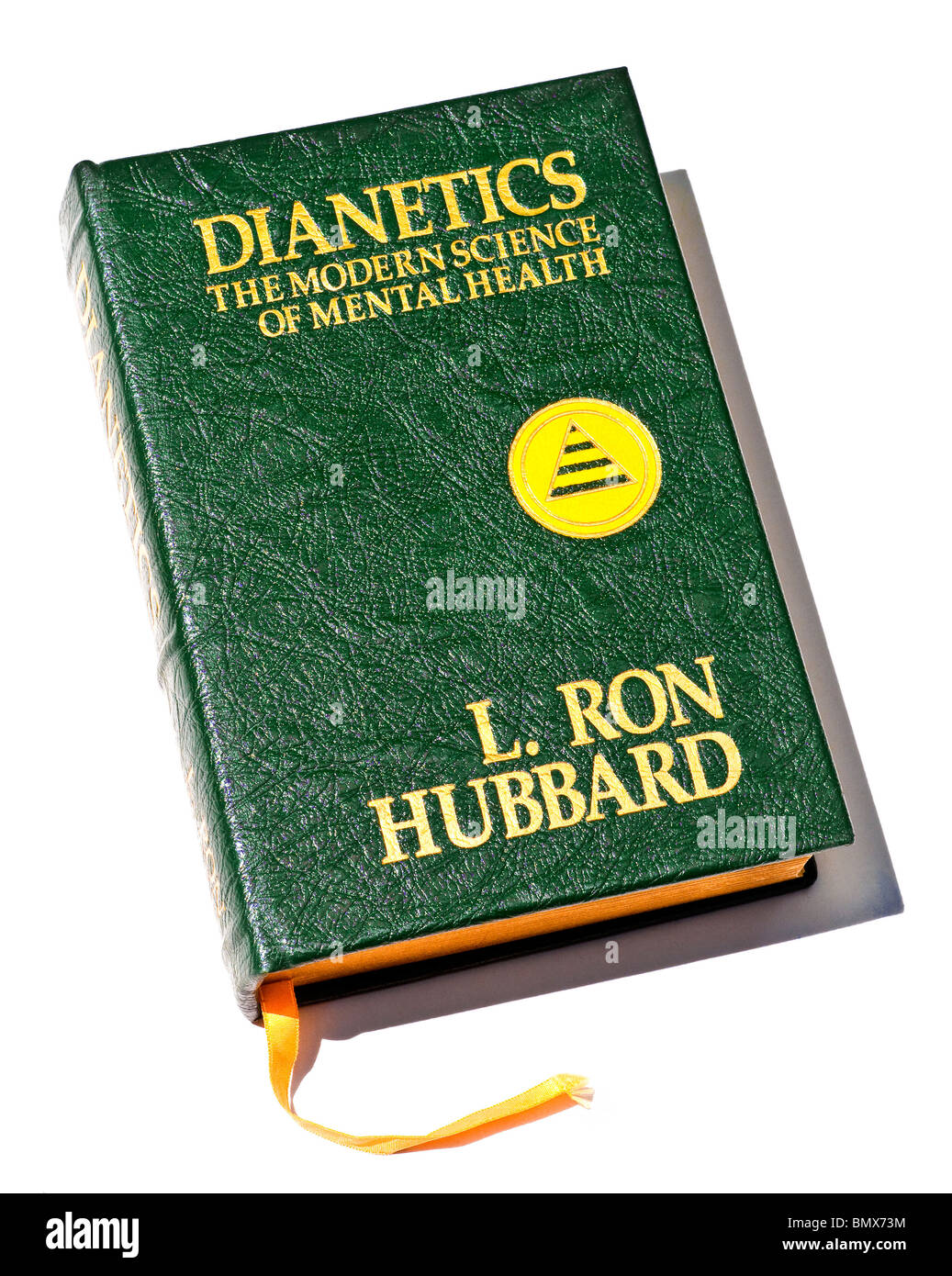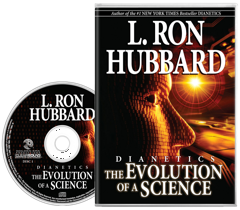Getting My Dianetics To Work
Wiki Article
A Biased View of Dianetics
Table of ContentsNot known Incorrect Statements About Dianetics 10 Simple Techniques For DianeticsSome Of DianeticsOur Dianetics Diaries
I could not ever not want to receive anything that comes to mind for you- if it was otherwise, I would not be sitting below with you, doing this. I not only might never have a trouble, or otherwise desire to hear something that comes to mind for you, however I'm entirely anxious to know every idea, every thought, every photo or feeling that emerges or manifests for you- do not ever before think otherwise, and if for one reason or another you do, please just let me recognize! Sometimes, you might have a thought, and picture, concept or occurrence appear that does not seem to address the inquiry, or connect to it, however nonetheless, always do inform me about it, and as we proceed, the significance will certainly arise for you.This is inherent in the basis of handling, and the topic of this discussion: the fundamental roles of the therapist and the client: The fundamental duty of the therapist is, in contrast to "typical training", not to regulate, which suggests to enforce and/or hinder, yet to instead work from the basis of EMPOWERING THE CLIENT.

Some Known Details About Dianetics
John Mcmasters revealed this standard truth wonderfully well in one of his talks on Power processing, where he discusses just how he was asked what this "special flair" was that he had for giving such great sessions; he needed to consider that for a moment, and detected that it was what he wasn't doing, along with what he was doing: he wasn't reviewing, evaluating, computer, or actually, producing any ideas, let alone verbal expressions, after offering the command and while waiting for the computer to complete their response to their complete satisfaction; he was, simply and just, being existing with the PC, and completely interested.The function of the therapist, demonstrated; that was his "unique flair". I have had my own experience which taught me this well, very at an early stage in the game. In 1982, having recently finished my training and teaching fellowship on New Era Dianetics, I was running this on a PC, and there was a factor in the session where (being a bit wet behind the Learn More Here ears not yet having lots of hours under my belt as a professional auditor) the computer seemed to be "taking too lengthy" to express anything vocally after I offered him a command.
This trick ended up being the most beneficial contribution that John ever before made to the topic of treatment or auditing (Dianetics). In my simple point of view, it is the best contribution that any person has ever before made you can check here to these subjectsthe application is completely non-judgemental, non-evaluative, and empty of any tip, suggestions or opinion.no preconditioned schedule for people, or 'degrees' that they need to do
In Scientology we prided ourselves on not evaluating for individuals. All that really implied was that the auditor did not VERBALLY evaluate for the PC in session.
Dianetics Fundamentals Explained

Anyone that had actually ever before seen John audit could not aid however discover a distinct quality in his bookkeeping."The customer's fundamental role is to be there with the objective of relocating in the direction of their spiritual goals, and to openly and completely share and experience whatever shows up for them in answering the questions and implementing the guidelines in the handling.
This is something to procedure as required. Additionally, people regularly have prior experience and/or brainwashing in auditing/processing which, in some methods, and to some levels, in fact misguides them right into perspectives, ideas and behavior patterns that avoid the complete understanding of these roles, and so they will have a tendency to prevent the expressing of what comes to mind, as in the instances offered over - Dianetics. * The initial, and perhaps foremost examples of mis-indoctrination causing much less than entirely smooth and efficient sessions, can be located in certain facets of the training routines, or "TR's":"TR's" are typically an individual's initial, or at least early, description experience in Scientology, and while I will go on to discuss what I view as the flaws in concept and practice, however, tend to be substantially therapeutic, done as they are given (Hubbard firmly insists that "TR's are not processing, they are training", however factually, they are both processing AND training)
There is no "failing", and no denial of the fact of this being handling. The focus, as it should be, is on experiencing the various other individual's presence.
Dianetics Fundamentals Explained

Report this wiki page